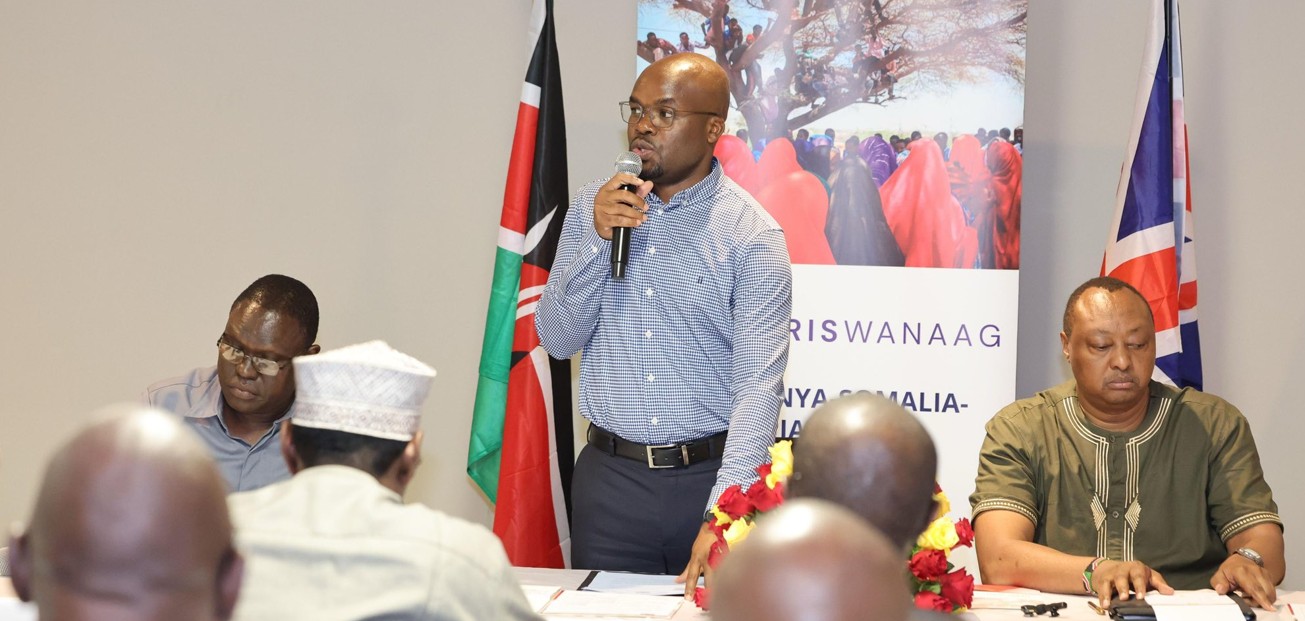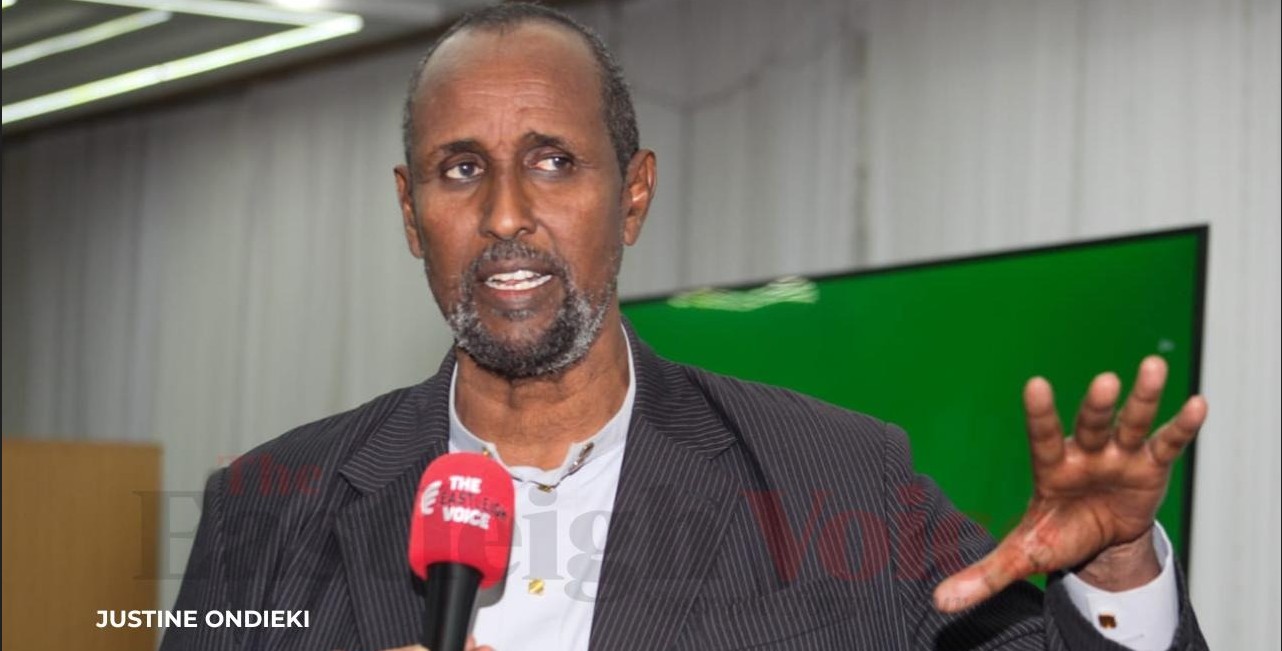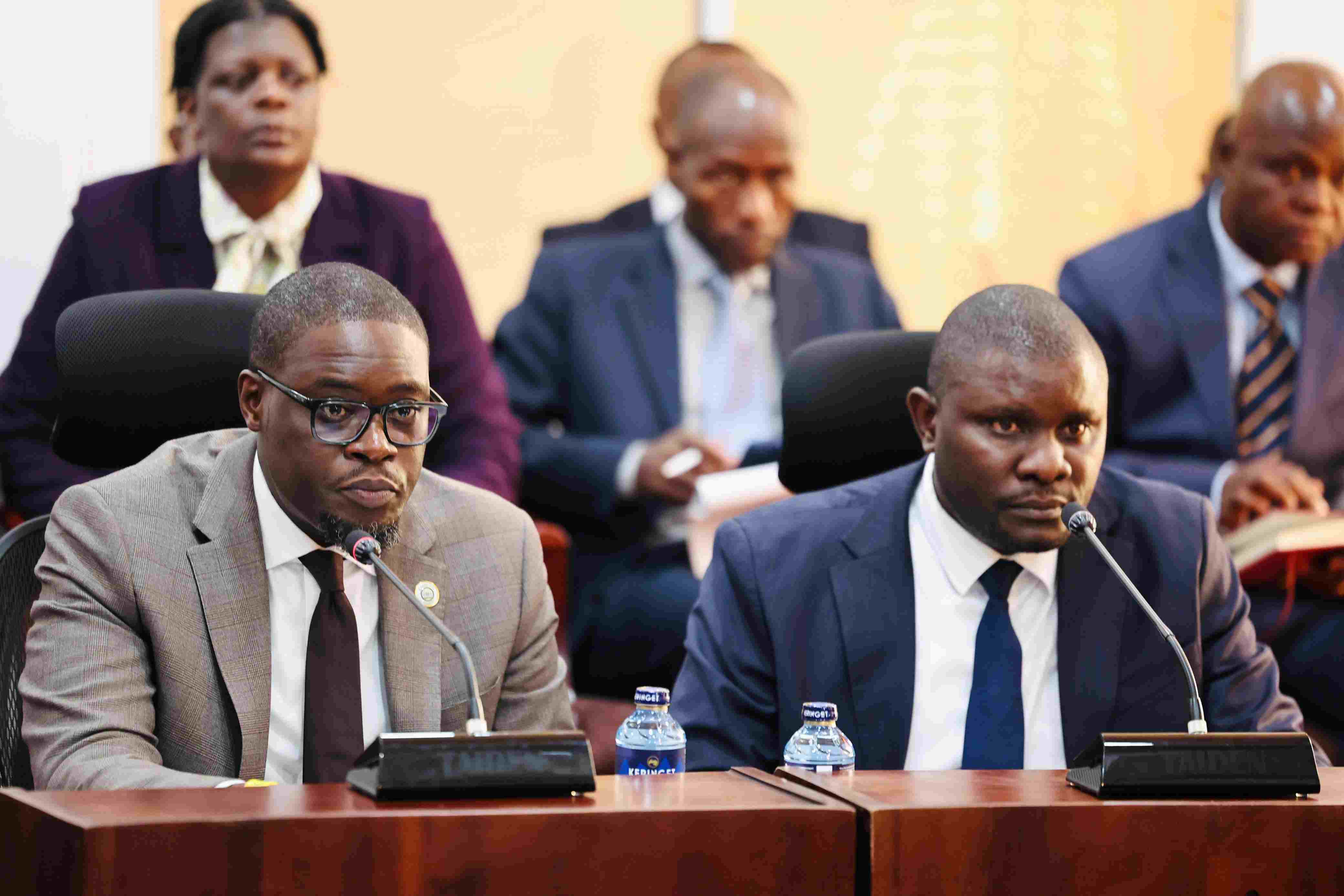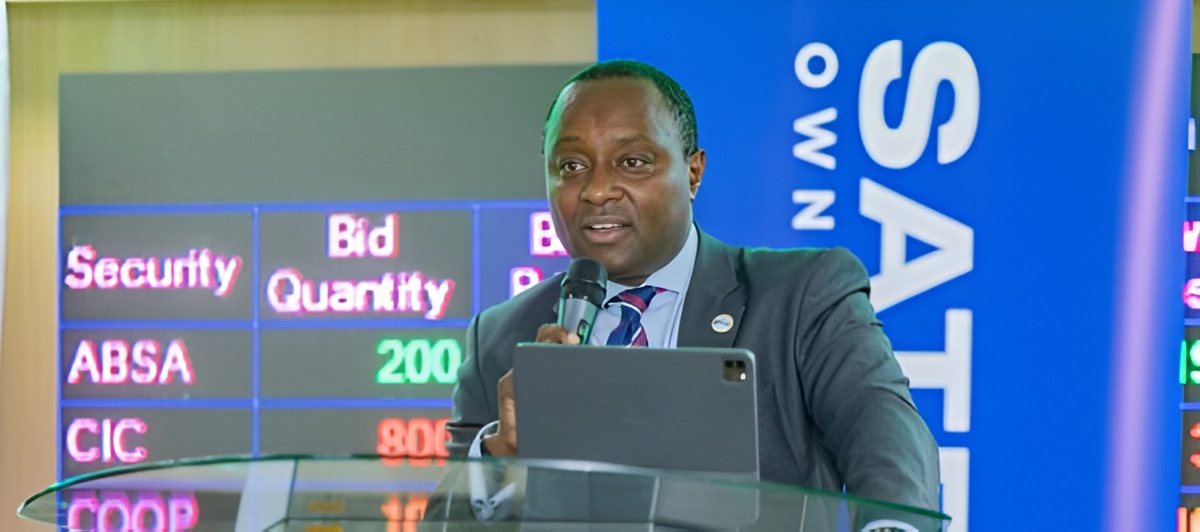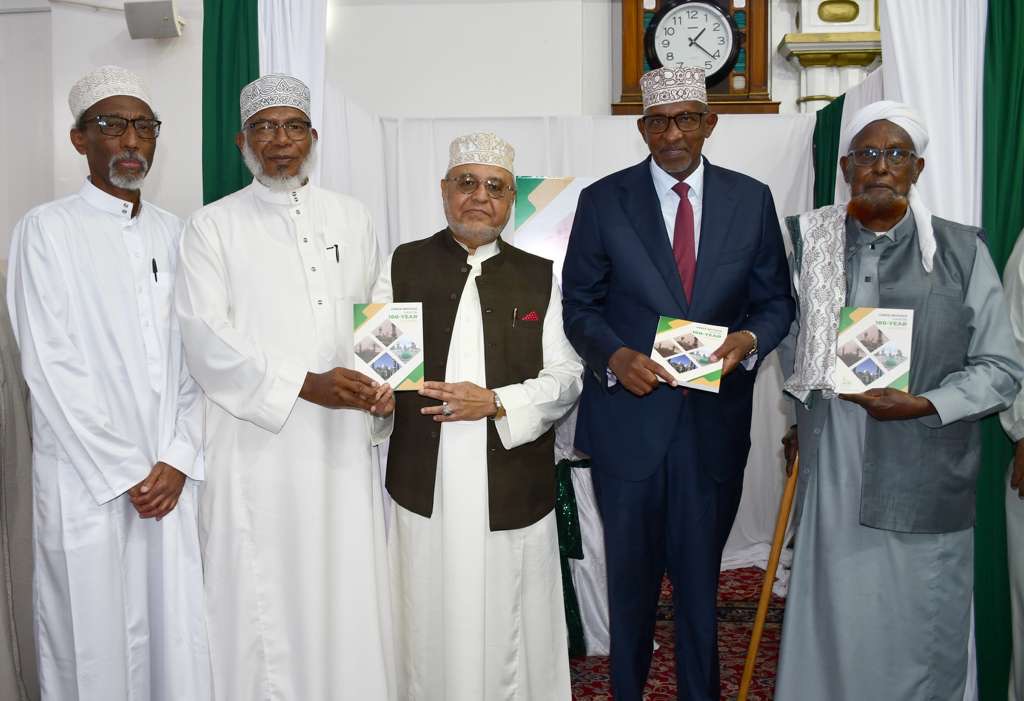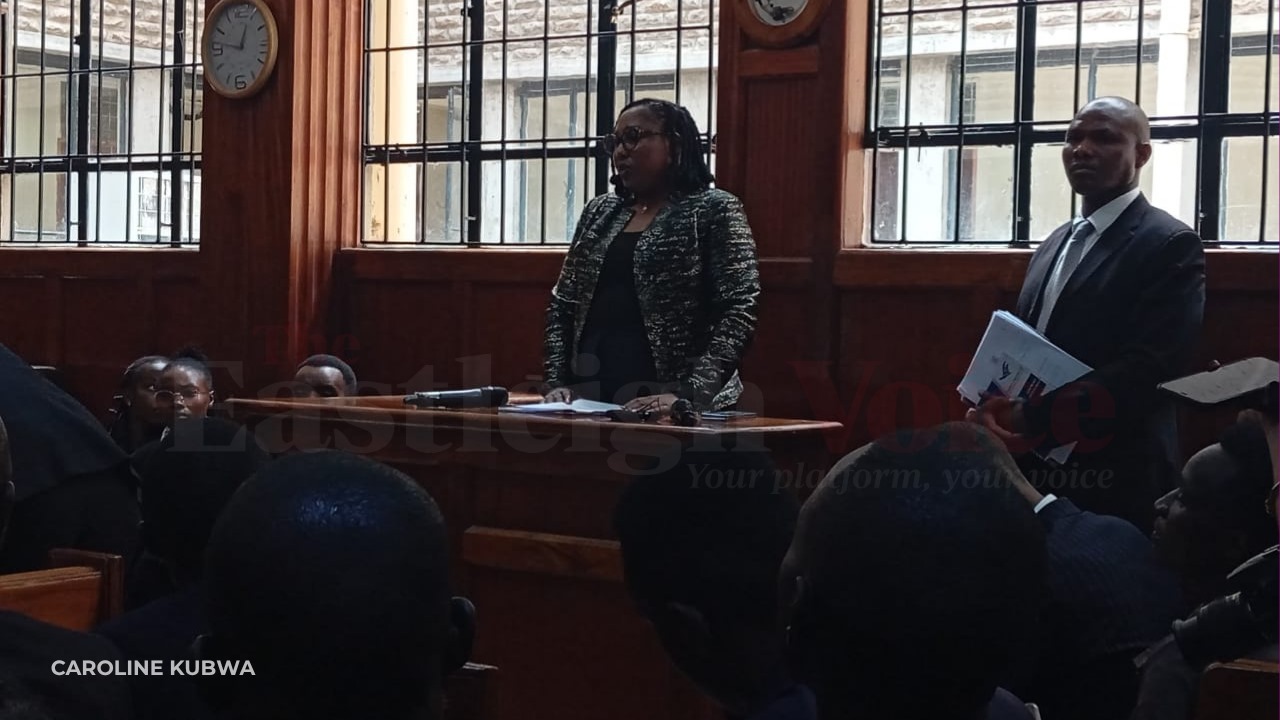Funding shortage puts EACC’s anti-graft war at risk- Auditor General

The funding shortfall has already affected the EACC’s core functions. Plans to recruit 200 new officers were shelved due to insufficient budgetary allocations, weakening the agency’s investigative capacity.
Kenya’s fight against corruption faces a major challenge as the Ethics and Anti-Corruption Commission (EACC) struggles with severe financial constraints.
The commission’s latest audited accounts reveal that chronic underfunding and growing operational deficits are threatening its ability to pursue and recover stolen public funds effectively.
More To Read
- Audit uncovers Sh13 billion irregularities in Ketraco wayleave payments
- State agencies directed to pay Sh2.2 billion owed to Posta to avert shutdown
- KNEC faces Sh3.7 billion funding shortfall, raising fears over KCSE disruptions
- Nyamira Governor Amos Nyaribo, officials targeted in EACC corruption sweep
- Senate probe uncovers unpaid loans by ex-governors, county officials
- Kenya intensifies fight against misuse of public funds through new leadership training
The report for the financial year ending June 30, 2025, by Auditor General Nancy Gathungu highlights a worrying trend. While the EACC has recorded notable successes, its financial health continues to deteriorate.
During the period, the commission recovered Sh3.4 billion in misappropriated public resources and successfully blocked the potential loss of Sh16.5 billion.
Despite these gains, the agency recorded a net deficit of Sh89.1 million, up from Sh61.2 million in the previous year.
“Management disclosed the poor financial performance, attributing the increased deficit mainly to depreciation expense amounting to Sh131 million,” the auditor’s report stated.
The report further raised concerns over the sustainability of the commission’s operations, noting that provisions for depreciation are not supported by any funding to replace or maintain ageing assets.
“The provisions for depreciation are not matched with any fund to the accumulated depreciation for the replacement to cover obsolescence in the asset base,” Gathungu observed.
Despite this warning, she clarified that her overall opinion on the accounts was not modified.
The funding shortfall has already affected the EACC’s core functions. Plans to recruit 200 new officers were shelved due to insufficient budgetary allocations, weakening the agency’s investigative capacity.
As a result, the EACC completed only 229 corruption probes, barely half of its annual target of 424 investigations.
In addition, the agency reported Sh23 million in outstanding trade payables, a situation it attributes to delays and shortfalls in funding from the National Treasury.
The report underscores how inadequate financial support has slowed operational efficiency and limited the commission’s ability to respond to new cases.
EACC chairperson David Oginde acknowledged the challenges, emphasising that the commission remains committed to prudent use of the resources it receives.
“In all this, we remain cognisant of the tight economic times we are in as a nation. Though our budgetary allocation often falls far short of what we would require for effective output, we continue to exercise due prudence in the use of the public resources entrusted to us,” Oginde said.
The auditor’s findings highlight a growing tension between the commission’s mandate and its available resources.
While EACC continues to achieve significant recoveries and prevent losses, the sustainability of its operations is under serious threat unless the government addresses the persistent funding gaps.
Without urgent intervention, Kenya’s anti-corruption efforts risk being undermined, slowing progress in a fight that is vital for public trust and national development.
Top Stories Today
